- « Previous
- Next »
- Mark as New
- Bookmark
- Subscribe
- Mute
- Subscribe to RSS Feed
- Permalink
- Report Inappropriate Content
Re: NFCU - Amazing
"A great credit score, with a low debt load, and a high income will almost always lead to a higher credit line. "
Well, I hate to blow your wall of text up but I am an example that "DIRECTLY CONTRADICTS" your thesis, one of many here.
60K is "Not High Income"
35% Util is NOT "low debt load"
640 - 650 for years and 1 month 703 would not quite be "a great credit score"
but other then that, your NFCU analysis is spot on...
25K is a ton. 4x my next highest limit, and totally makes no sense.... except for my family history in uniform and work for the DOD.
You may want to factor in that military and other Govt Employees have commanders and bosses who will crash down on subordinates who don't show financial responsibility. Can I see a show of hands to confirm this... ![]()
Its truly the unspoken reason so many have positive outcomes with NFCU, I have noticed that its the non military related who have to worst tales to tell, usually gained membership via "non-core" means. Can you say, "Internal Score?"
Having lived in both worlds, reponsibility and accountability is required and enforced in Govt circles, Private Sector is alot more about "what can I get away with".... thats just my personal opinion however.
- Mark as New
- Bookmark
- Subscribe
- Mute
- Subscribe to RSS Feed
- Permalink
- Report Inappropriate Content
Re: NFCU - Amazing
I don’t agree that you have to have served to have excellent results with poor scores and NFCU. They gave me $3K in September when I applied for the cashRewards with a 647 TU FICO 8, I used and paid, asked for a CLI to $7500 in December and got that, then I asked for a $500 CLOC which was instantly approved, then asked for a Platinum and they gave me $7200. My exposure with them is $15.2K on $18K income.
DTI was around 25% when I applied in September and I had added 3 new accounts in March which was unusual for my profile (1 in 2014, 2 in 2015, 1 in 2016, 1 in 2017). I think if I had apped NFCU first, I would have gotten $7-10K out of the gate.
NFCU seems to really like to help rebuilders. That becomes especially evident when you factor in that my APR was 11.4% on the cashRewards and 7.99% on the Platinum — my next lowest card was my SSFCU and that’s only because I hit their highest 18% APR. The rest of my cards are 22.24%-25.15% which would be what would be expected for mid-600s.
I do agree though that high income is not a requirement for large limits with NFCU and they do seem to have rather broad UW interpretation — more often than not, DTI matters a lot to NFCU, but they don’t always stick to that and that appears to be the case with the 35% approval.
- Mark as New
- Bookmark
- Subscribe
- Mute
- Subscribe to RSS Feed
- Permalink
- Report Inappropriate Content
Re: NFCU - Amazing
@Aim_High wrote “…A great credit score, with a low debt load, and a high income will almost always lead to a higher credit line. "
@HighCountry wrote “…Well, I hate to blow your wall of text up but I am an example that "DIRECTLY CONTRADICTS" your thesis, one of many here.”
- - - - - - - - - - - - - - - - - - - - - - - -
I think we misunderstood each other. Please let me clarify.
First, congratulations on your most excellent starting limit with NFCU. I understand that it is a higher limit for you that you weren’t expecting, and I know how that feels when you get those pleasant surprises! ![]()
If you look back, my comments were not directed at you at all, even though you were the OP. I was actually commenting more on the following postings, agreeing with some and disagreeing with others. In particular, I was disagreeing with the notion that lenders don’t take income into account at all when granting credit lines.
@Morehouse3000 (“I think income plays a big part”)
@Shooting-For-800 (“Income does not determine one's CL.”)
@felipestrong “… 150K income (but with low 600s scores), and only got a 1K SL.”
@EaglesWinLII “ … NFCU I believe takes scores, credit history, and utilization into account more than income, not saying it does not play a role
The sentence you quoted that I put at the end of my posting was a generalization taken to the extreme to make a point, so I think you took it out of context and as if I directed it at you. I did not mean that you had to have a really high income to get a relatively high credit line. I did not mean that you had to have perfect credit to get a high(er) credit line. And I did not mean that you had to have a really really low UTI ratio or DTI ratio to get a high(er) credit line. All I meant was these factors all together help shape the approval of and the line you get, and that income (or assets) is always a consideration to some degree. The lender wants to know you can repay him. The degree to which it influences a decision depends on the relative strengths or weaknesses of the other factors, your relationship with the lender, and the lender’s internal policies.
- 60K is "Not High Income"
No, it’s not “HIGH” but far from low. About half the population would disagree with you. Did you know the real median household income is only $61,372 (2017 per Census Bureau.) So at $60K, you’re doing better than about 50% of American households.
- 35% Util is NOT "low debt load"
No, it’s not “low” … but it’s not really high either, compared to many applicants. True, it is better to have it lower, but that number isn’t high enough to scare away a lender. Might have been a different story if your UTI was up at 80%+.
- 703 would not quite be "a great credit score"
Actually, it’s not bad. Once again, like income you’re about average risk, so nothing they would be turned off by. When you apply for credit, they don’t look at what your credit score USED to be; they just look at what it is NOW. So that 703 is probably all they saw, which puts you right in the middle of the “good” FICO range.
As I said, I didn’t mean that your income had to be “HIGH”, but moreso that the size of your income was a factor in your approval or the size of your credit line. If you were to look at a credit application by freezing the other factors and only adjusting the income up or down, I stand by my statement that higher income leads to higher credit limits, in general, and lower income to some degree leads to lower credit limits. Income = ability to repay, for most applicants. And higher credit lines = more risk for lender.
If you had debt but NO current income and limited assets, you might not have been approved at all!
If your income was $30K vs $60K in the same scenario, you would likely have been approved for a lower limit.
On the other hand, if you had $1 Million in earned income per year, that would hopefully lower your DTI ratio to make you a more attractive borrower and might have been granted a higher limit.
Once again, all this discussion about the effects of income, credit limit, debt loads, etc is not purely just my subjecture or based on things I have read online. It's also based on my 35+ years as a borrower, and watching what happened to my own applications as these variables changed over time.
Other comments:
"...25K is a ton." Yes, it is! The only reason I ever want to have limits that high or higher if just to keep a very comfortable pad on my UTI ratio. And yes, I imagine your work for DOD played some part.
“… military and other Govt Employees have commanders and bosses who will crash down on subordinates who don't show financial responsibility.” Yes, I will confirm this! I was active duty for twelve years!






















Business Cards









Length of Credit > 40 years; Total Credit Limits >$936K
Top Lender TCL - Chase 156.4 - BofA 99.9 - CITI 96.5 - AMEX 95.0 - NFCU 80.0 - SYCH - 65.0
AoOA > 31 years (Jun 1993); AoYA (Oct 2024)
* Hover cursor over cards to see name & CL, or press & hold on mobile app.
- Mark as New
- Bookmark
- Subscribe
- Mute
- Subscribe to RSS Feed
- Permalink
- Report Inappropriate Content
Re: NFCU - Amazing
Another comment related to previous discussions about the effects of income vs credit score vs debt in relation to the size of starting credit line approvals:
Many banks have limits on the maximum credit line they will approve on a particular card for ANY new application, regardless of how high your income, how high your credit score, how thick your credit file, or how low your debt. They also might have a higher maximum starting credit line for their "Card A" than for their "Card B".
In some cases, a customer service representative may override the normal protocols with a manual review if you challenge it. But in other cases, you'll be forced to wait for a higher line after keeping the account in good standing for awhile. So while a higher income can help you qualify for a higher limit, there is a limit to how much it will affect it based on the bank and their policies.
That's why it's so hard to estimate what starting limit a bank might approve, because there are so many variables at play. Even with looking at data points from other applicants listed on these forums, it's hard to tell what a bank will do before you apply because there is more to a credit application and credit file than most of us can list here in a posting.






















Business Cards









Length of Credit > 40 years; Total Credit Limits >$936K
Top Lender TCL - Chase 156.4 - BofA 99.9 - CITI 96.5 - AMEX 95.0 - NFCU 80.0 - SYCH - 65.0
AoOA > 31 years (Jun 1993); AoYA (Oct 2024)
* Hover cursor over cards to see name & CL, or press & hold on mobile app.
- Mark as New
- Bookmark
- Subscribe
- Mute
- Subscribe to RSS Feed
- Permalink
- Report Inappropriate Content
Re: NFCU - Amazing
@Aim_High wrote:@Aim_High wrote “…A great credit score, with a low debt load, and a high income will almost always lead to a higher credit line. "
@HighCountry wrote “…Well, I hate to blow your wall of text up but I am an example that "DIRECTLY CONTRADICTS" your thesis, one of many here.”
- - - - - - - - - - - - - - - - - - - - - - - -
I think we misunderstood each other. Please let me clarify.
First, congratulations on your most excellent starting limit with NFCU. I understand that it is a higher limit for you that you weren’t expecting, and I know how that feels when you get those pleasant surprises!
If you look back, my comments were not directed at you at all, even though you were the OP. I was actually commenting more on the following postings, agreeing with some and disagreeing with others. In particular, I was disagreeing with the notion that lenders don’t take income into account at all when granting credit lines.
@Morehouse3000 (“I think income plays a big part”)
@Shooting-For-800 (“Income does not determine one's CL.”)
@felipestrong “… 150K income (but with low 600s scores), and only got a 1K SL.”
@EaglesWinLII “ … NFCU I believe takes scores, credit history, and utilization into account more than income, not saying it does not play a role
The sentence you quoted that I put at the end of my posting was a generalization taken to the extreme to make a point, so I think you took it out of context and as if I directed it at you. I did not mean that you had to have a really high income to get a relatively high credit line. I did not mean that you had to have perfect credit to get a high(er) credit line. And I did not mean that you had to have a really really low UTI ratio or DTI ratio to get a high(er) credit line. All I meant was these factors all together help shape the approval of and the line you get, and that income (or assets) is always a consideration to some degree. The lender wants to know you can repay him. The degree to which it influences a decision depends on the relative strengths or weaknesses of the other factors, your relationship with the lender, and the lender’s internal policies.
- 60K is "Not High Income"
No, it’s not “HIGH” but far from low. About half the population would disagree with you. Did you know the real median household income is only $61,372 (2017 per Census Bureau.) So at $60K, you’re doing better than about 50% of American households.
- 35% Util is NOT "low debt load"
No, it’s not “low” … but it’s not really high either, compared to many applicants. True, it is better to have it lower, but that number isn’t high enough to scare away a lender. Might have been a different story if your UTI was up at 80%+.
- 703 would not quite be "a great credit score"
Actually, it’s not bad. Once again, like income you’re about average risk, so nothing they would be turned off by. When you apply for credit, they don’t look at what your credit score USED to be; they just look at what it is NOW. So that 703 is probably all they saw, which puts you right in the middle of the “good” FICO range.
As I said, I didn’t mean that your income had to be “HIGH”, but moreso that the size of your income was a factor in your approval or the size of your credit line. If you were to look at a credit application by freezing the other factors and only adjusting the income up or down, I stand by my statement that higher income leads to higher credit limits, in general, and lower income to some degree leads to lower credit limits. Income = ability to repay, for most applicants. And higher credit lines = more risk for lender.
If you had debt but NO current income and limited assets, you might not have been approved at all!
If your income was $30K vs $60K in the same scenario, you would likely have been approved for a lower limit.
On the other hand, if you had $1 Million in earned income per year, that would hopefully lower your DTI ratio to make you a more attractive borrower and might have been granted a higher limit.
Once again, all this discussion about the effects of income, credit limit, debt loads, etc is not purely just my subjecture or based on things I have read online. It's also based on my 35+ years as a borrower, and watching what happened to my own applications as these variables changed over time.
Other comments:
"...25K is a ton." Yes, it is! The only reason I ever want to have limits that high or higher if just to keep a very comfortable pad on my UTI ratio. And yes, I imagine your work for DOD played some part.
“… military and other Govt Employees have commanders and bosses who will crash down on subordinates who don't show financial responsibility.” Yes, I will confirm this! I was active duty for twelve years!
NONE of this really applies to NFCU.
ALL they care about is the relationship and hopefully not a ton of derogs recently.
I DO think they care more about active military and maybe retired military.
I am neither.
I applied and got $1,000 SL with well over 6 figure income, 745 fico, and somewhere around 15% utilization.
My NFCU card is by FAR my lowest CL and I received multiple CLIs as well as a $15k SL PenFed and $10k SL regions cards AFTER getting my $1,000 SL NFCU.
I have already spent and paid off over $3,000 on my $1,000 CL NFCU card within the last 6 weeks.
Hopefully they will understand that I deserve a $25k Flagship when my 91 days is up.
DON'T WORK FOR CREDIT CARDS ... MAKE CREDIT CARDS WORK FOR YOU!

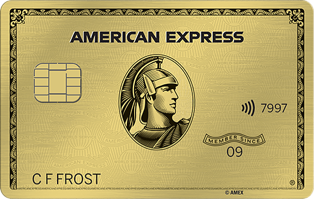
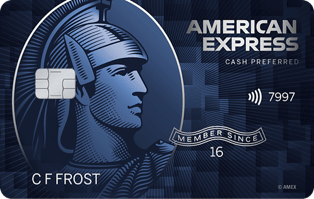











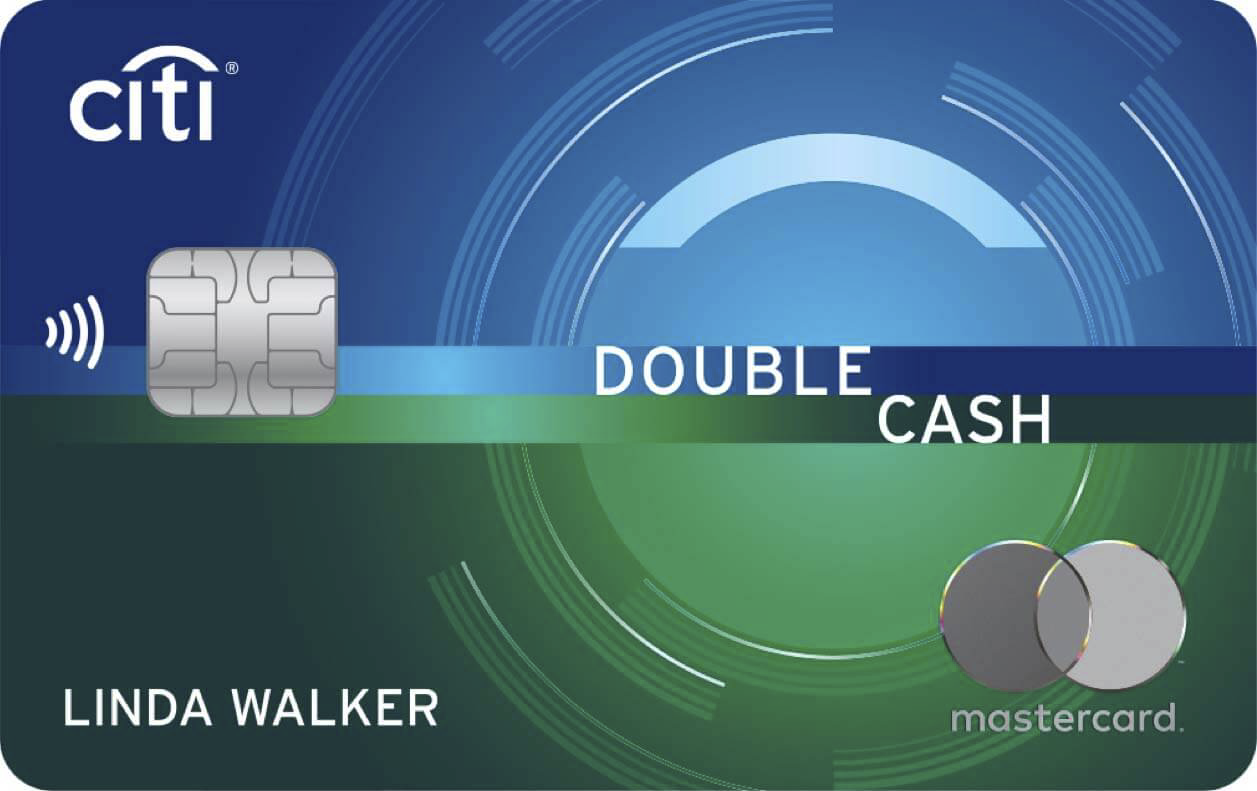


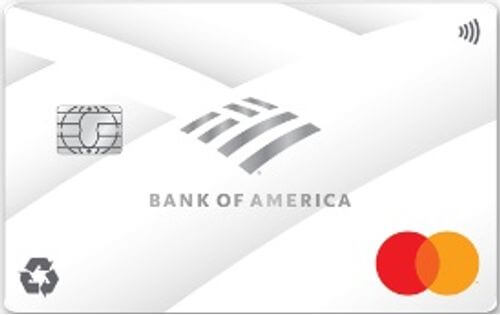



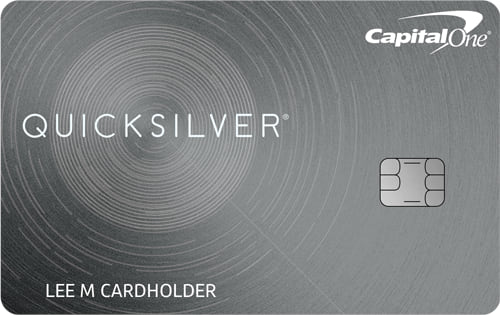










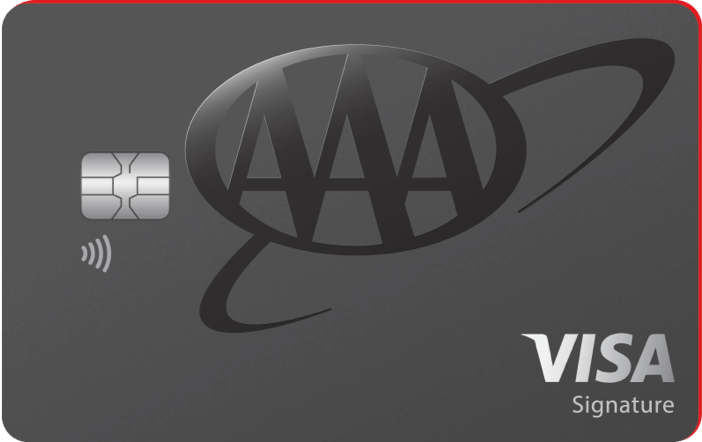








- « Previous
- Next »